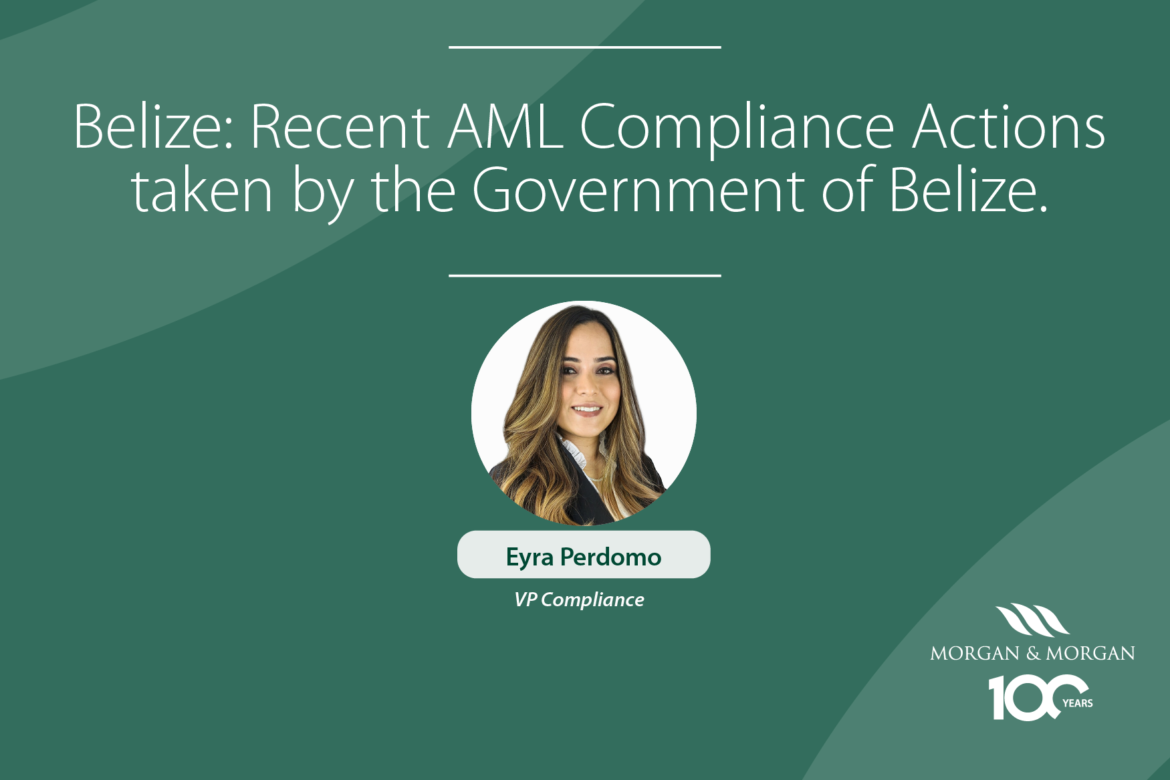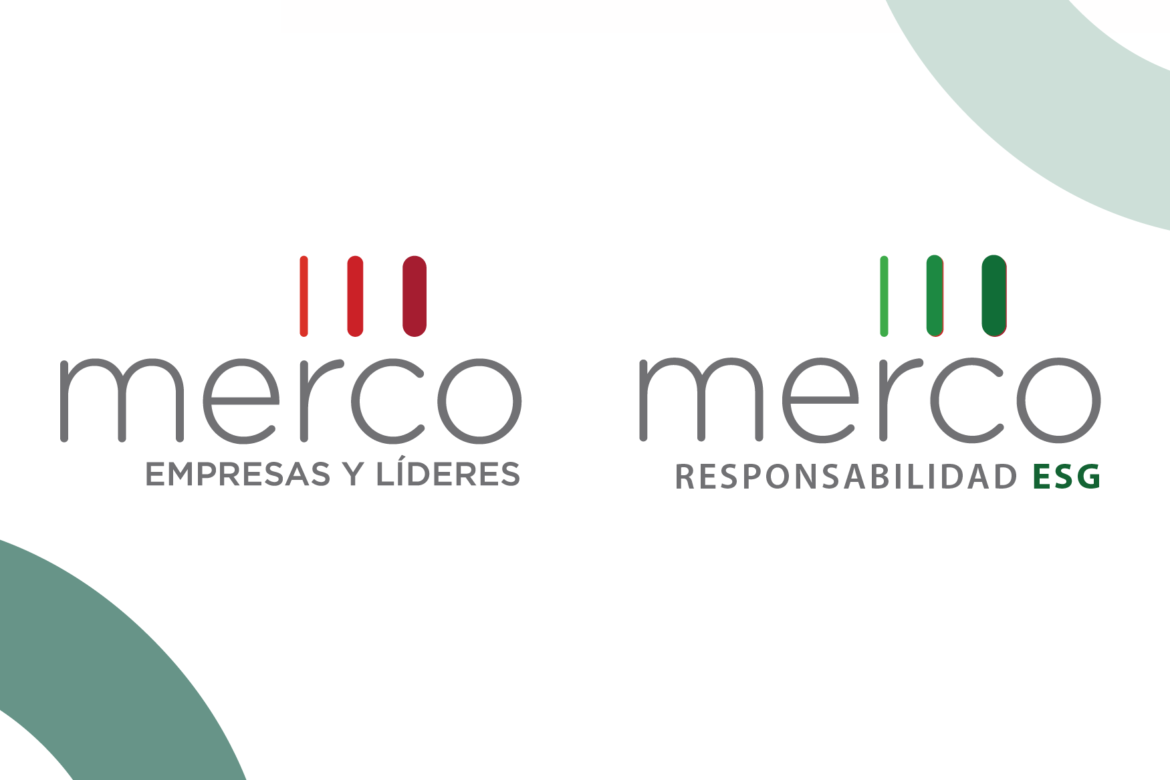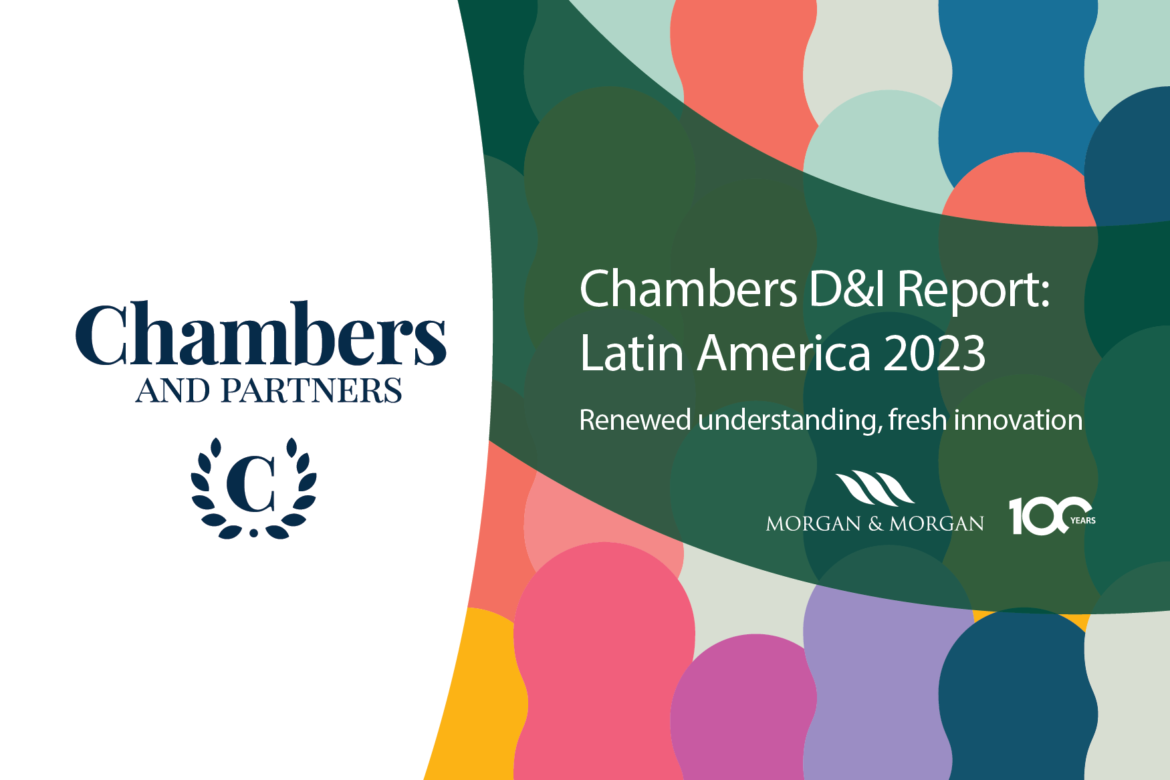Electoral Labor Immunity in Panama
Electoral labor immunity in Panama is a matter of crucial importance for both employers and employees, to ensure fairness and democratic participation in the electoral process, especially for those employees who decide to run as candidates or are elected to public office. Electoral labor immunity is the guarantee and protection that candidates and electoral delegates
- Published in Labor Law_news, News, Sophia A. Lee
Work and rest during Holy Week
The Labor Code states that Good Friday is a mandatory rest day, it is paid as an ordinary working day, which means that, in general, companies close their operations on that day and employees do not work. Employees who work on Good Friday are entitled to receive payment of their salary with a surcharge of
- Published in Labor Law_news, News
The National Immigration Service establishes a new deadline for submitting extensions for expired Residences Permits and modifies the procedure for requesting the Seafarer Visa Stamped Upon Arrival.
Resolutions No. 9049 and 9047 of March 1st, 2024 Resolution No. 9049 of March 1st, 2024 (hereinafter the “Resolution”), published in the Official Gazette on March 6, 2024, extends the deadline until June 30th, 2024, to submit those residence permits that expired from March 13th, 2020: The granted deadline applies to the submission of extension
- Published in Immigration Law_news, News
Belize: Recent AML Compliance Actions taken by the Government of Belize.
In July 2011 Belize faced its Third Round of Mutual Evaluation by the Caribbean Financial Action Task Force (CFATF). As a result of this, in November 2013, CFATF issued a public statement listing Belize as a jurisdiction with strategic deficiencies in its AML/ATF regime. After a comprehensive revision of the legislative framework and its implementation
- Published in Corporate Services_news, Estate Planning_news, News
Morgan & Morgan outstands in The Legal 500 Green Guide Latin America 2024.
Panama, February 15, 2024. Morgan & Morgan has been recommended in the second edition of the global guide: “The Legal 500 Green Guide Latin America 2024”. This is the first time that a Panamanian firm is highlighted in this reference guide of law firms specialized in environmental, social, and governance (ESG) practice area, being, in our case,
- Published in News, Ana Castillo, Ramon Varela
FUNDAMORGAN, Morgan & Morgan’s Corporate Foundation, consolidates its strategy.
Panama City, Republic of Panama, February 1, 2024. With more than 20 years of an emblematic trajectory, FUNDAMORGAN has inaugurated its new offices in Marbella, Panama City. The new location intends to offer more comprehensive, accessible, and dignified attention to the people who participate in and benefit from its programs. FUNDAMORGAN is named in honor of
- Published in News
Morgan & Morgan won the Jurisdiction Award: Panama – in the Women in Business Law Awards Americas 2023.
Panama, February 15, 2023. We are pleased to announce that our firm won the Jurisdiction Award: Panama in the Women in Business Law Awards Americas 2023. These awards, organized by Euromoney plc, recognize women in business law and those law firms that have designed initiatives and programs to support and encourage women and diversity within the
- Published in News
Morgan & Morgan consolidates as the Panamanian law firm with the best corporate reputation and ESG-responsible.
Panama, January 26, 2024. For the sixth consecutive year, the Corporate Reputation Business Monitor (MERCO), a reference monitor for Ibero-America, presented the rankings of 100 companies and leaders with the best reputation and most ESG-responsible companies in Panama. We are pleased to announce that Morgan & Morgan remains the only law firm in this important
- Published in News
Morgan & Morgan featured in the Chambers D&I Report: Latin America 2023.
Panama, January 22. 2024. The Chambers Diversity & Inclusion team has published the third annual D&I Latin America Report, looking closely at Latin America’s most innovative initiatives and best practices in 2023. The key trends that emerged were focused on renewed understandings of gender diversity, raising awareness and supporting access to justice, and innovative efforts
- Published in News
New deadlines for the submission of extensions for Temporary Residency Permits, Provisional Permits, or Permanent Residence Permits and Domestic Workers’ Visa.
The National Immigration Service, through Resolution No. 246 of January 3rd, 2024, established the new deadlines for the submission of extensions for Temporary Residency Permits, Provisional Permits, or Permanent Residence Permits and Domestic Workers’ Visa. Resolution No. 246 of January 3rd, 2024 (hereinafter referred to as the “Resolution”) grants a deadline until February 29th, 2024,
- Published in Immigration Law_news, News










